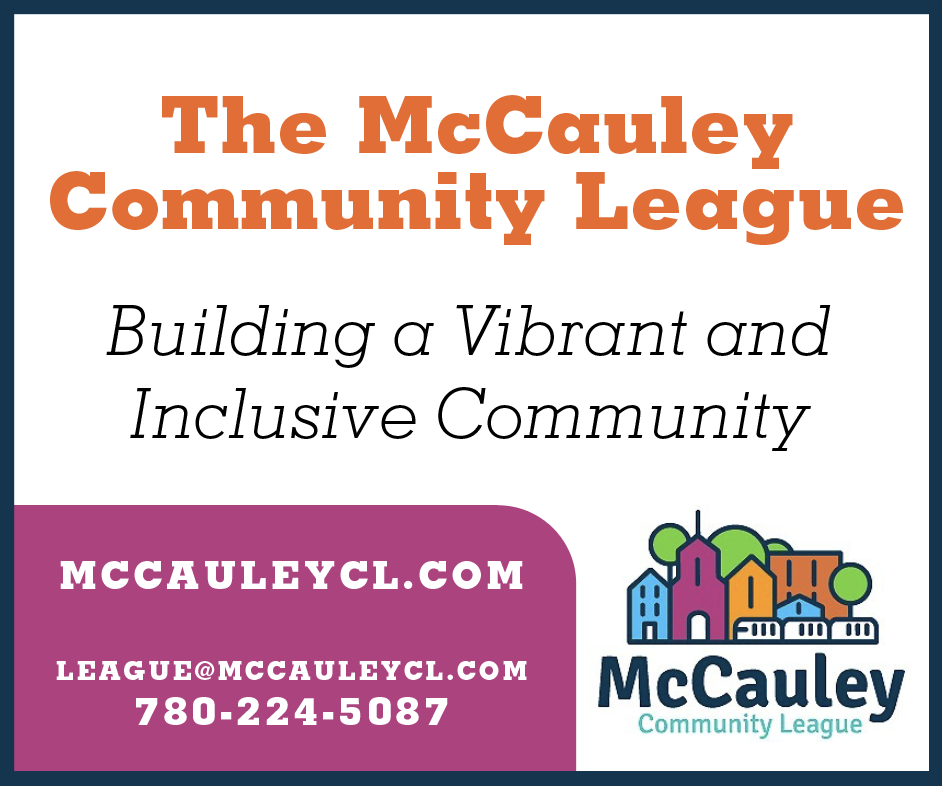Advocacy for Individual Seniors
This article is a follow-up to last month’s article about organizations providing advocacy for seniors.
Seniors need advocates for many different reasons. Even those without visibly declining capacity may need help gathering and retaining the information they need to manage their lives. A recent study examined brain decline and found that the part of the brain which creates doubt is the first part of the brain to deteriorate “normally” as we age. Therefore, there may be less capacity to critically analyze such things as advertisements or other information. Many seniors have great faith in and/or are intimidated by health care professionals and so are less likely to ask questions. Processing information can take longer so they may not get all the information and may not retain that information.
For all of these reasons, most seniors, as they begin to develop health issues, should have an advocate with them when dealing with critical health or financial issues. Or, if you are a senior, you may need to get someone on your team to help you. I am going to approach this conversation by talking about medications, as there is now considerable concern about the inappropriate over-prescribing of drugs for seniors.
I want to preface this conversation with a disclaimer. I believe almost all health care workers, doctors, nurses, pharmacists, occupational and physiotherapists, and all of the other health professionals genuinely work in the interests of their patients/clients but they make mistakes because they are in a hurry or don’t always have all the information. Also, they are schooled to think about the human body in a particular way and not all of us work that way. For this reason, sometimes the wrong prescription is given or not enough attention is paid to how this drug will interact with the other drugs the patient is taking. Or, sometimes an action isn’t taken when it needs to be. This is where an advocate or friend can play a significant role in bringing information forward and speaking up.
In general, I would say seniors should not see a health professional alone. At what age is it necessary to go along with your spouse, parent, or sibling? There is no easy answer to that question. But when the person begins to have short term memory problems, is a bit more forgetful about information, or can’t quite remember the doctor’s instructions and/or forgets to discuss something important with their health care worker, then they may need someone else in their corner. Anxiety can also interfere with the retention of information. Those are signals that it is time to be a bit more active as an advocate.
Investigate, ask questions, and speak up. You are the only person for whom your health is primary. Get good information, know what tests are for. Understand your medications. And if you can’t do this on your own, get someone to help – don’t just pretend you can manage. It is your health at risk.
At the very least, discuss the purpose of the appointment in advance and prepare a written list of items to discuss. Better yet, go along so you can hear the information. And if a drug is ordered, ask questions about it. What are the side effects? How will it interact with other drugs the person is taking? Check the drug out on the internet. For example, a few years ago my mother was prescribed a drug for her post shingles neuralgia. After taking the drug for a while, she became very agitated and angry when talking about nearly anything. This turned out to be one of the side effects of that particular drug, and when she went off it, at my suggestion, these symptoms disappeared.
We don’t always think about a new prescription when we are experiencing a physical or emotional issue. For example, one of the side effects of many blood pressure medications is leg cramps. For seniors who may otherwise be less active, cramps can occur for many other reasons but medication could be a factor.
For me personally, if a drug has a side effect, I will get it. Most drugs are tested on adult men and so the impact on women and seniors is not necessarily known. They are tested on men because the hormonal cycle of women can complicate the impact and outcome. Because seniors have a slower digestive system and slower metabolic rate, drugs may have a different impact than is expected. Investigate, ask questions, and speak up. You are the only person for whom your health is primary. Get good information, know what tests are for. Understand your medications. And if you can’t do this on your own, get someone to help – don’t just pretend you can manage. It is your health at risk.







